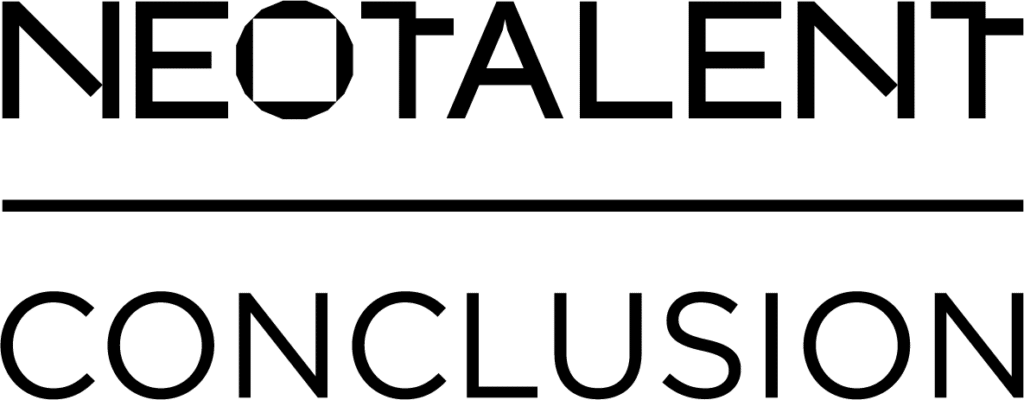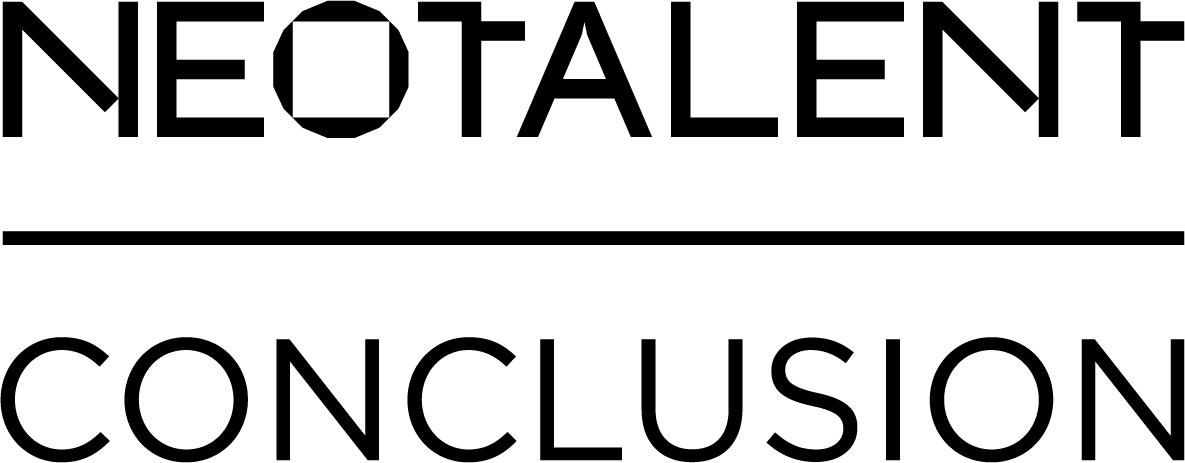In today’s world, where technology is in practically every aspect of people’s lives, software development has become one of the central pillars for companies’ success. Within this universe, the role of QA is crucial to ensure that the products and solutions developed meet the highest quality standards. At Neotalent Conclusion, where I work as a QA in the banking area, my role goes far beyond simply finding and reporting bugs. We are a team responsible for ensuring that the user experience is more pleasant, trying to minimize as many errors as possible.
Talking a bit about what a QA is, we are basically the guardians of quality within the development teams. We carry out functional tests, to check that the software behaves as expected, and automated tests, to ensure that the functionalities continue to operate correctly, after each change to the code. The impact of our work is direct on the client’s business: quality software increases user and customer satisfaction, improves brand reputation, and, ultimately, increases the company’s competitiveness in the market.
Career development in QA
A career in QA is a journey of constant learning and evolution, full of opportunities for those who want to grow in the field. With seven years of experience, I’ve seen how broad and diverse the possibilities for development are. For those wishing to enter the QA field, there are several branches to explore, such as Functional QA, Automation, Security, and Performance.
To progress in this career, it is crucial to master both hard and soft skills. On the technical side, it’s essential to have a solid understanding of test management tools, such as Azure DevOps, JIRA, and TestRail. These tools are essential for documenting test cases, tracking bugs, and planning test cycles. In addition, familiarity with Postman for API testing, basic knowledge of databases to query information directly, and skills in exploratory, white-box and black-box testing are indispensable for a Functional QA.
If the goal is to focus on automation, it is important that the QA first develops a solid foundation in functional testing. From there, they should add skills in programming languages, such as Java, and become proficient in automation and project management tools, as well as know how to handle git, for version control.
However, technical skills are only part of what makes a good QA. An analytical and methodical mindset, attention to detail, and the ability to communicate effectively are equally important. These soft skills allow you not only to identify problems before they become critical but also to collaborate efficiently with developers and other stakeholders, ensuring that the best solutions are implemented.
Career challenges as a QA
Being a QA means constantly facing challenges. One of the biggest is undoubtedly balancing the pressure for deadlines with the need to maintain high-quality standards. Often, we are the last line of defense before a product is launched, and the time available for testing is short. In these situations, it is essential to prioritize the areas of greatest risk and clearly communicate the limitations of time and resources available.
Despite the challenges, a career in QA offers numerous rewards. Seeing the positive impact of my work on user satisfaction is extremely gratifying. Every time a new feature is released without a hitch or a critical failure is avoided thanks to testing, I feel like I’m contributing to something bigger. This feeling of accomplishment is what motivates me to continue developing my career in this area.
My journey as a QA
My journey in QA began seven years ago, at a time when I felt torn between Infrastructure and Software Development. I decided then that I wanted to be at the heart of software development, first as a Functional QA and later as an Automator, to ensure that each product was delivered with the best possible quality. Over the years, I’ve honed my technical skills and developed a critical eye for detail, which has brought me to where I am today.
What I like most about my job is the feeling that I’m contributing to something meaningful. Every test carried out, every bug found and fixed, is a small victory that, when added up, results in a robust and reliable final product. My advice to anyone starting in the field is to never stop learning and always be open to new approaches and technologies. The QA field is dynamic and full of opportunities for those who are curious and dedicated.
Trends and Innovations in QA
The field of QA is constantly evolving, driven by new technologies and approaches that are transforming the way we test software. Automation is undoubtedly one of the biggest innovations, enabling repetitive testing to be carried out accurately and efficiently. Tools such as Selenium, Cucumber and, Appium, which I use daily, are examples of how automation can significantly increase the productivity of QA teams.
Another emerging trend is the use of Artificial Intelligence and Machine Learning in QA. These technologies have the potential to revolutionize the way we identify and fix problems, enabling smarter testing and predicting failures before they even occur. I believe that, in the future, we will see even greater integration of these technologies, which will require QA professionals to always be up-to-date and ready to learn.
And, just to relax, QA is not all about work! I recently came across an interesting anime about QA: “Quality Assurance in Another World”. Here’s a tip!
Bruno Carneiro, QA
Bruno Carneiro, married and father of 2 boys, Davi and Théo. I’m Brazilian, I love cooking and traveling.





